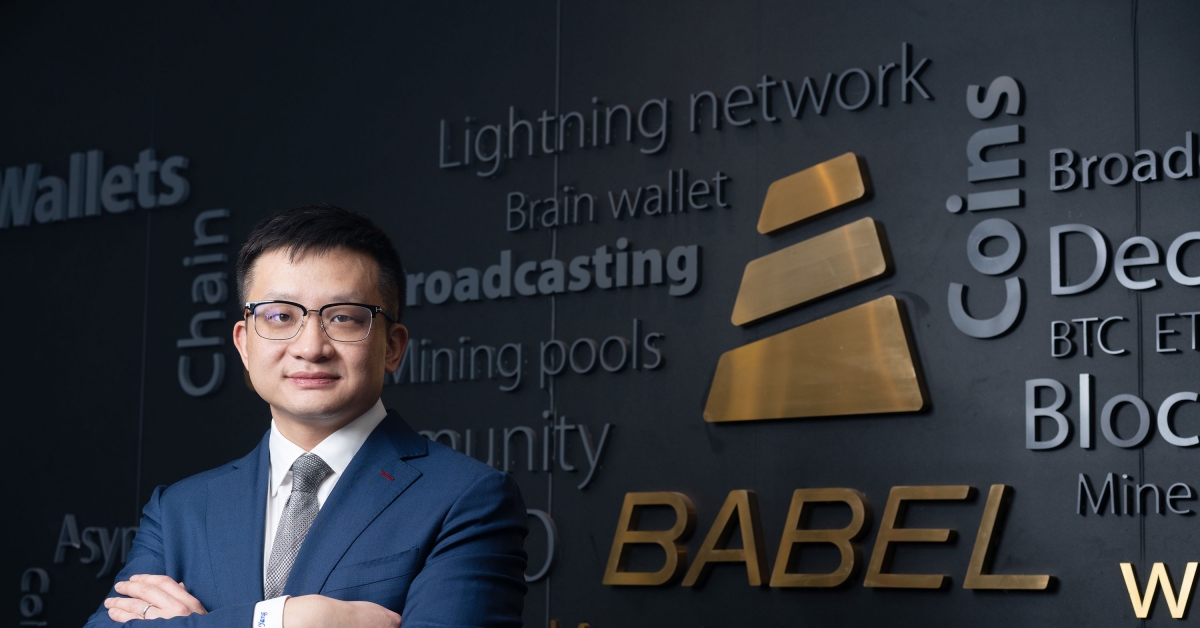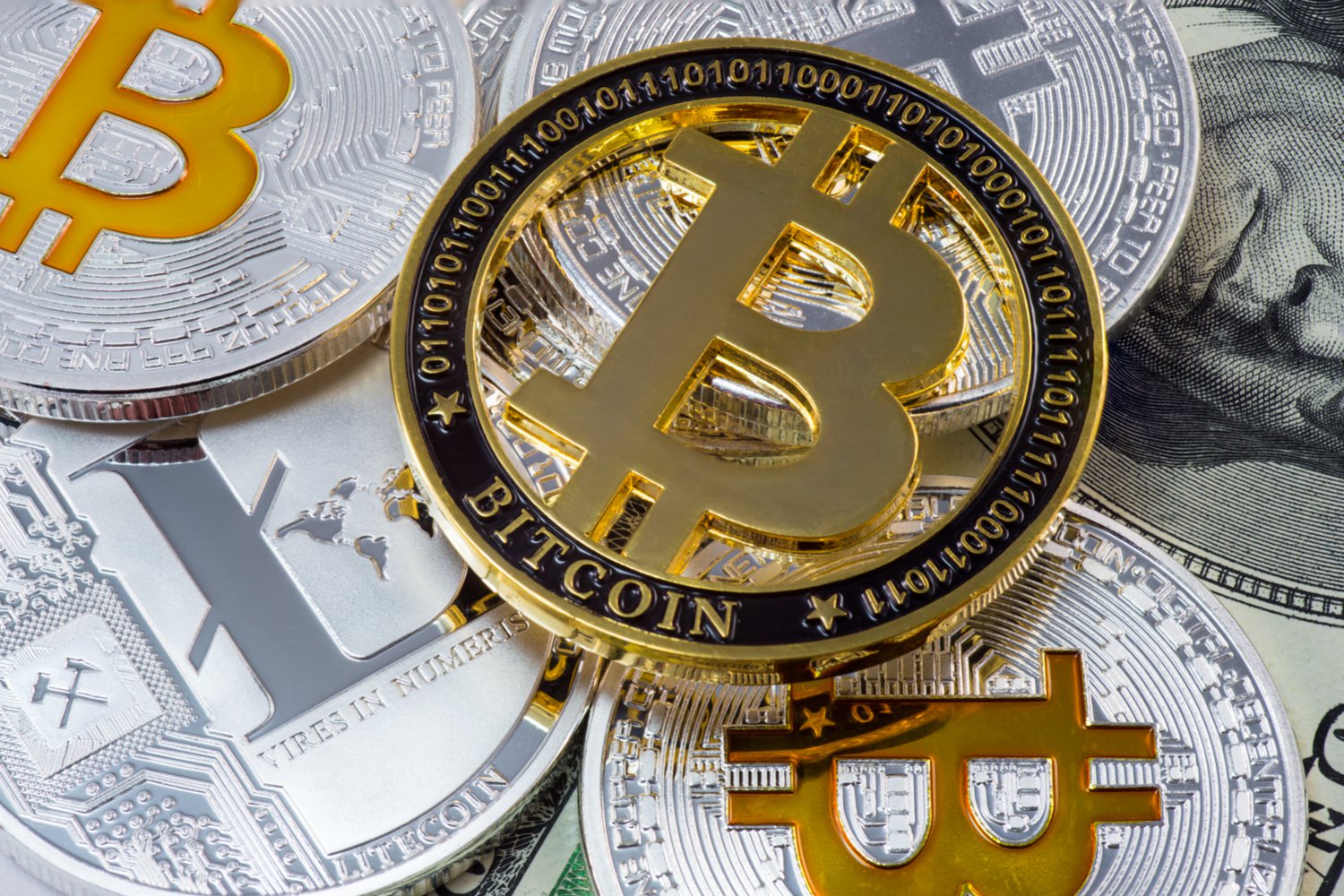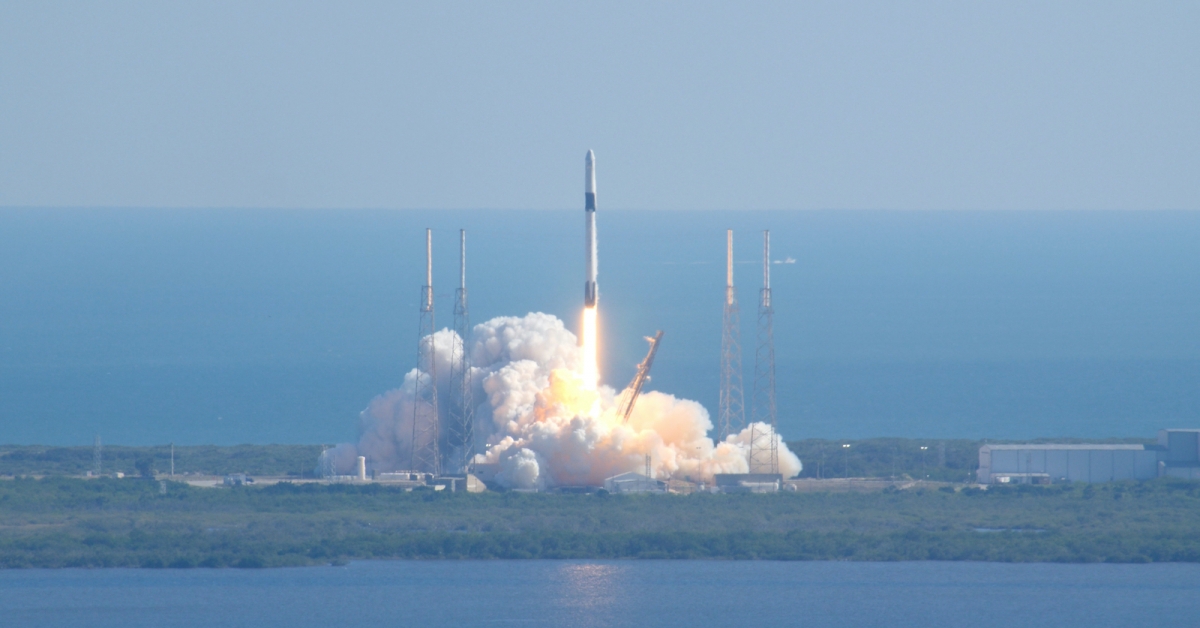Bitcoin in Emerging Markets: The Middle East
Lebanese protestors, October 2019. (Credit: Shutterstock)
Bitcoin in Emerging Markets: The Middle East
In advance of her “Crypto Across Emerging Markets” panel at Consensus: Distributed, Leigh Cuen is writing a three-part column on how cryptocurrencies are used in the developing world. In this first part of the series, she looks at the Middle East.
It is a truth universally acknowledged by pundits on Crypto Twitter that emerging markets are more likely to see revolutionary bitcoin usage, at least in the near future, than Silicon Valley.
However, the term “emerging markets” encompasses most of the planet, excluding a handful of wealthy nations. For instance, even if fiat-denominated volumes are dwarfed by Asian whales or U.S. institutions, scrappy crypto traders in Turkey have a disproportionate impact on the global bitcoin economy.
Generally speaking, regions with weak states and educated diasporas see more grassroots adoption. For example, Lebanese entrepreneur Michel Haber said most of the 26 remote workers involved with his web services startup, cNepho Global, now prefer bitcoin paychecks.
Haber has already been paying some developers this way – with bitcoin from Beirut’s grassroots trading networks – for two years. Now that most workers would rather receive bitcoin, he encourages colleagues to get mobile wallets.
This is no longer a fringe outlook.
The Arab Weekly ran a column in April about how the collapsed banking system is destabilizing Lebanon. Protests surrounded the central bank in April, and protests around bank branches even turned deadly. The situation continues to simmer.

“The peer-to-peer bitcoin market is very robust because the Lebanese banking system has failed and people have more cash than the banks do,” Haber said. “Because of coronavirus, you can’t really wait at the bank anymore. … They’re not sure the Lebanese bank will actually give them the money.”
This doesn’t mean bitcoin will easily replace local currencies, however. As witnessed in Iran, once home to a thriving bitcoin mining industry and retail usage, authorities curtailed usability once mainstream adoption grew.
But, rather than stamp out demand for cryptocurrency, crackdowns may merely change its manifestation. Some people now use bitcoin for savings and altcoins for transactional alternatives. Markets in places like Iran and Argentina now see increasing demand for stablecoins.
Likewise, Argentinian crypto exchange founder Federico Ogue, CEO of Buenbit and Buendolar, said many users who are buying cryptocurrency for the first time are attracted to dollar-denominated stablecoins.
More coverage on cryptocurrency in the Middle East:
Stablecoin volatility
In regions with volatile currencies and scant access to dollars, demand for stablecoins is up.
According to a bitcoin trader in Iran, who asked to remain anonymous for safety, plummeting oil prices haven’t increased local demand for bitcoin. This is partially due to government efforts to promote the local stock market. Yet, as the dollar exchange rate fluctuates and paper bills become scarce, Tether stablecoins (USDT) sell for more than a dollar’s worth of Iranian rials.
“The government is trying to push financial market demands into Tehran stock exchange to avoid increasing demands in currency or gold markets,” the anonymous Iranian trader said. “Local [crypto] exchanges changed [USDT] rates artificially to get more profit, also demand was so high compared to the low supply of USDT in peer-to-peer exchanges.”
The most desirable aspect of the stablecoin isn’t any stability mechanism or collateral, it’s simply the network effects. After all, the reason many of these users turn to cryptocurrency is because they want a global asset, regardless of whether that takes the form of paper bills or software.
CoinDesk senior reporter Leigh Cuen hosts the “Crypto Across Emerging Markets” panel on May 11 at 7:30 p.m. ET at Consensus: Distributed, CoinDesk’s first virtual, free conference. Register here.
Dapps
The Middle East is also one of the few regions where decentralized applications [dapps] that aren’t focused on gambling are still attracting routine users.
Dmail founder Mohamed Abdou, whose Egyptian team built a privacy-centric email service using Blockstack, said the dapp now has 15,000 active monthly users. As such, Dmail raised a $500,000 seed round in April, an amount which goes much further in Cairo than Silicon Valley.
“Users will be able to exchange emails, do text chat, voice calls, video calls, invoices and collect fees in crypto,” Abdou said of Dmail’s 2020 roadmap. Although Dmail doesn’t collect user information (and therefore doesn’t know where users are based), this Egyptian project was inspired by a local context where remittances and international payments offer a lifeline to an economy battered by depleted foreign currency reserves.

Disclosure Read More
The leader in blockchain news, CoinDesk is a media outlet that strives for the highest journalistic standards and abides by a strict set of editorial policies. CoinDesk is an independent operating subsidiary of Digital Currency Group, which invests in cryptocurrencies and blockchain startups.









